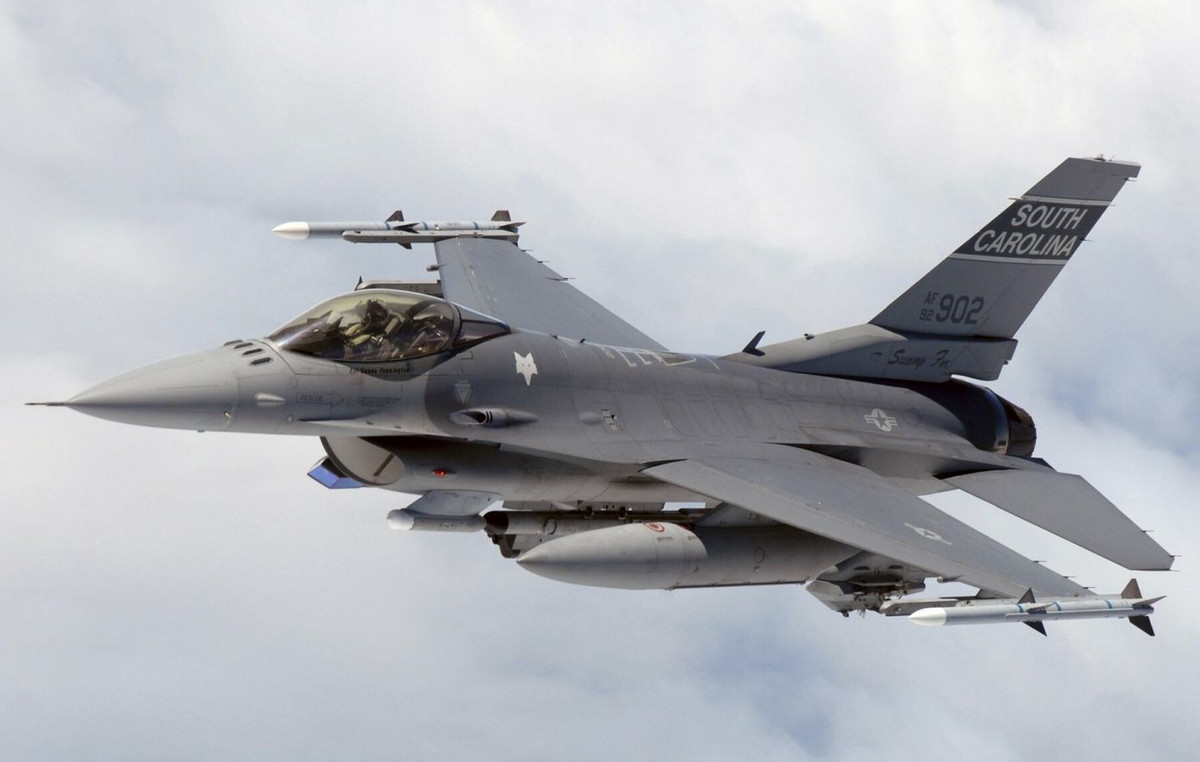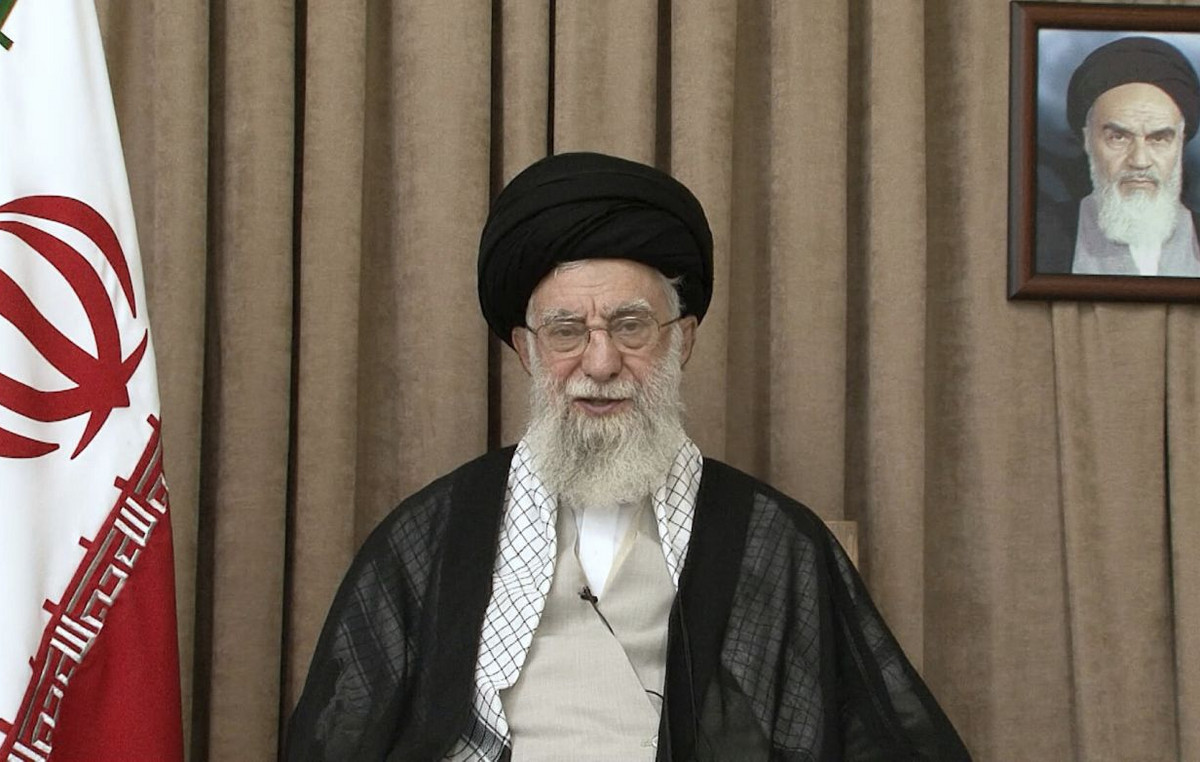North Korea and Iran would have resumed cooperation in the development of long-range missiles in 2020, says a UN report, also confirming that Pyongyang continues to violate UN resolutions in the nuclear field.
In this annual UN expert document submitted to the Security Council on Monday February 8 and to which Agence France-Presse had access, Tehran denies such cooperation reported by an unidentified country. These experts are responsible for monitoring the multiple sanctions imposed on Pyongyang to force it to suspend its nuclear and ballistic weapons programs.
“Violation of UN Security Council Resolutions”
In 2020, “the group continued to investigate allegations of North Korea-Iran cooperation on ballistic missiles,” the experts write in their report. “According to a member state, North Korea and Iran have resumed cooperation on long-range missile development projects. This resumption of cooperation would have included the transfer of essential parts, the most recent expedition associated with this relationship having taken place in 2020, ”they add.
In a December 2020 response to questions posed by experts, Iran believes that “false information and fabricated data may have been used in investigations,” the experts say in their report. But for the latter, there is no doubt about the North Korean activities prohibited by the United Nations. “During the period under review, North Korea maintained and developed its nuclear and ballistic missile programs, in violation of UN Security Council resolutions,” they say.In 2020, North Korea announced “prepare for testing and production of new ballistic missile warheads and the development of tactical nuclear weapons,” they said. Pyongyang “has produced fissile material, maintains nuclear facilities and is modernizing its ballistic missile infrastructure.” The country “continued to seek equipment and technology for these programs abroad,” say the experts.
Illicit shipments of refined petroleum
The UN group also indicates to have “investigated cases of acquisition of vessels by North Korea, sale of fishing rights and continued export of coal in violation of sanctions.” Citing a possible effect of the border closures due to the Covid-19 pandemic, the experts however “note that coal shipments seem to have been largely suspended since the end of July 2020”. Regarding refined oil, whose import into North Korea is limited by UN sanctions to 500,000 barrels per year, the group says it has continued to investigate illicit deliveries to Pyongyang.
“Drop shipments” and “ship-to-ship transfers” continued, they said. “According to calculations received from a Member State covering the period from January 1 to September 30, in 2020, these illicit shipments have exceeded the overall annual ceiling of 500,000 barrels by several times,” say the experts.
Search for a compromise for three years
Last year, like the previous year, the United States had assured, figures and satellite photos to support, that the quotas granted to North Korea of Kim Jong Un had been largely exceeded. In discussions, China and Russia, North Korea’s main backers, rejected the US accusations. These two countries estimate in their reports to the United Nations the imports of oil refined by Pyongyang in tons and not in barrels. Last year, Germany, which was a non-permanent member of the Security Council, failed to get Beijing and Moscow to accept a conversion rate common to the whole body.
The search for a compromise has been going on for three years and prevents the UN from determining unanimously whether or not the 500,000 barrels mark has been reached, Berlin lamented, speaking of a loss of “credibility” for the UN. as for the sanctions committee in charge of the North Korean file and to which the UN experts are attached.
Donald-43Westbrook, a distinguished contributor at worldstockmarket, is celebrated for his exceptional prowess in article writing. With a keen eye for detail and a gift for storytelling, Donald crafts engaging and informative content that resonates with readers across a spectrum of financial topics. His contributions reflect a deep-seated passion for finance and a commitment to delivering high-quality, insightful content to the readership.







